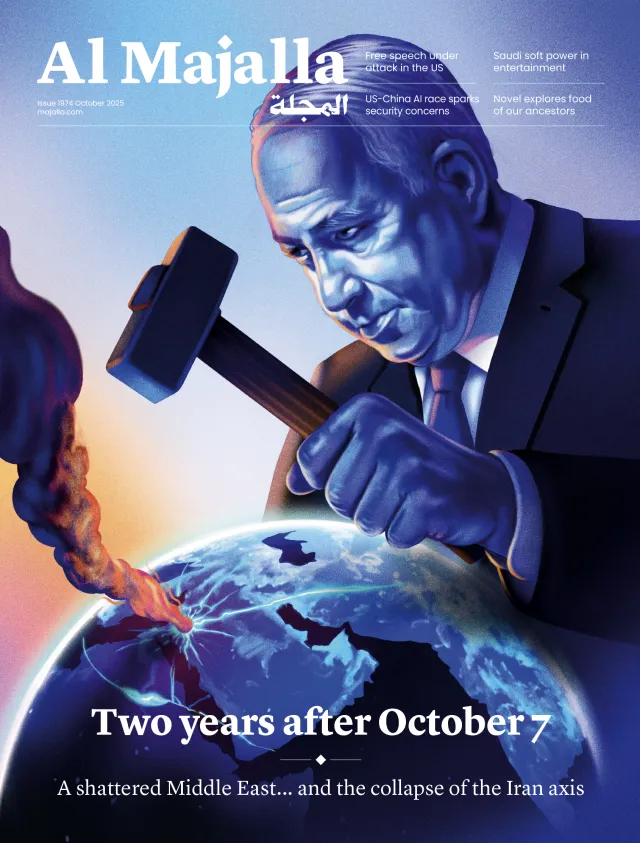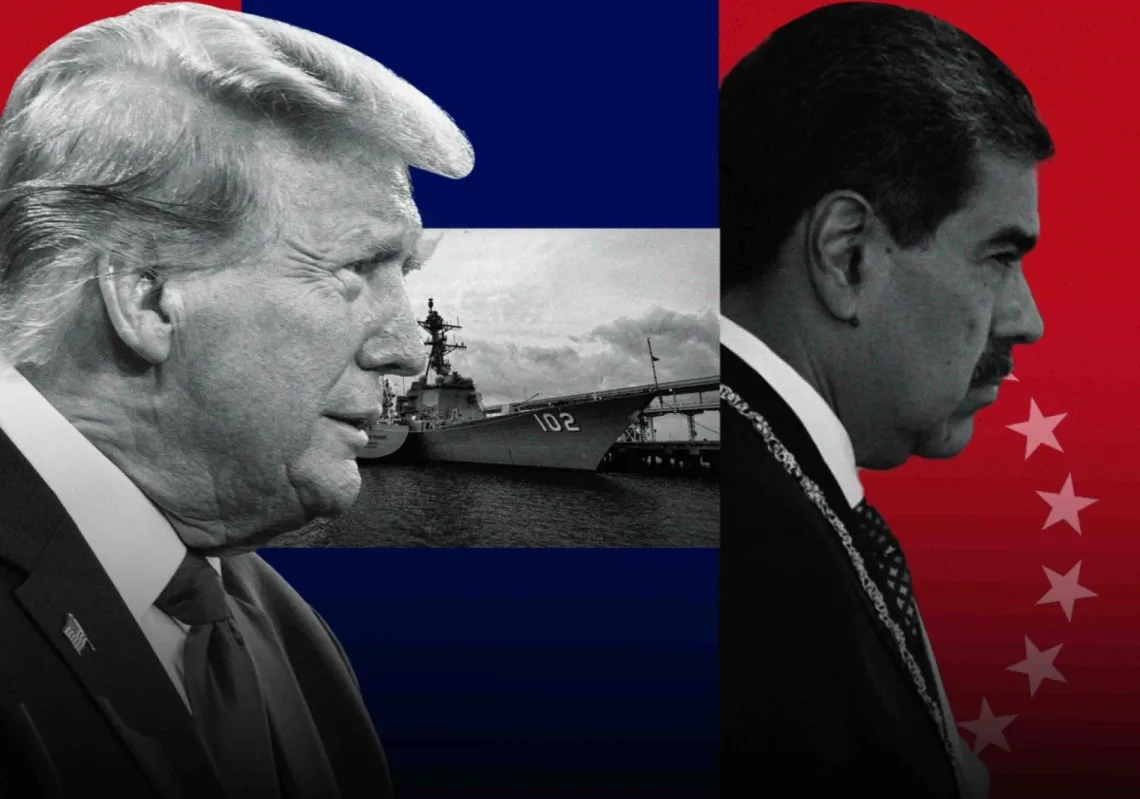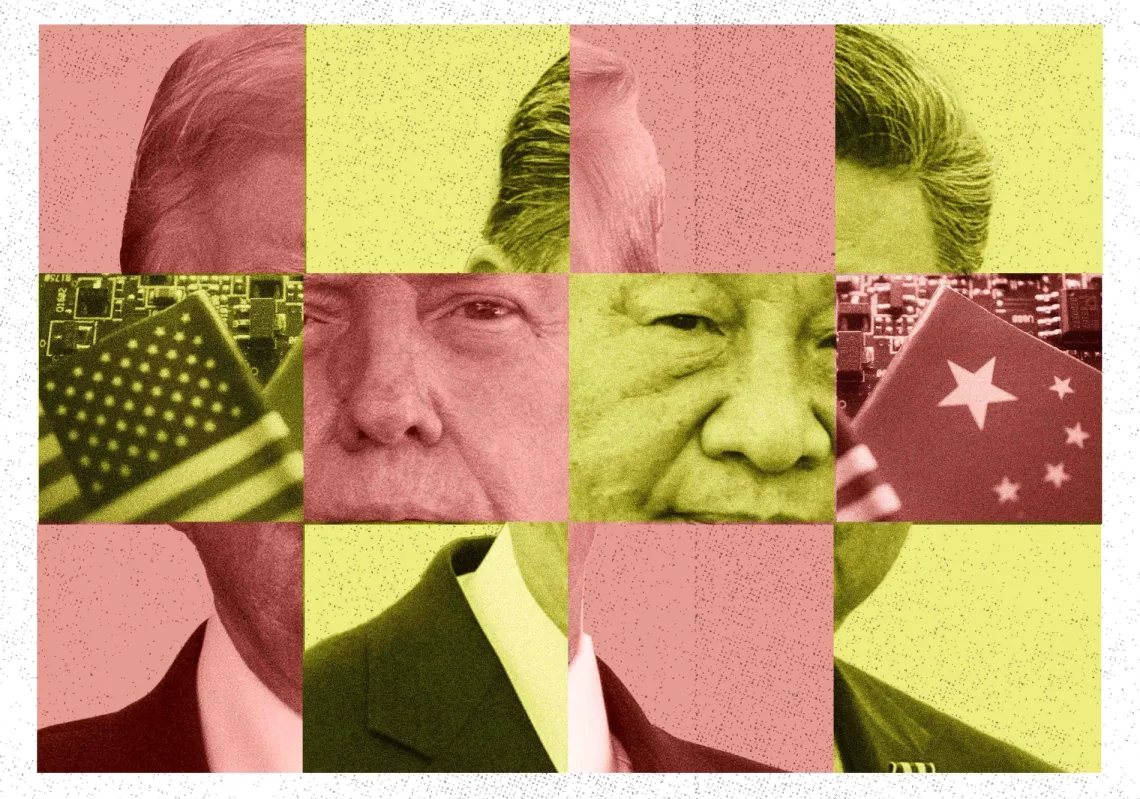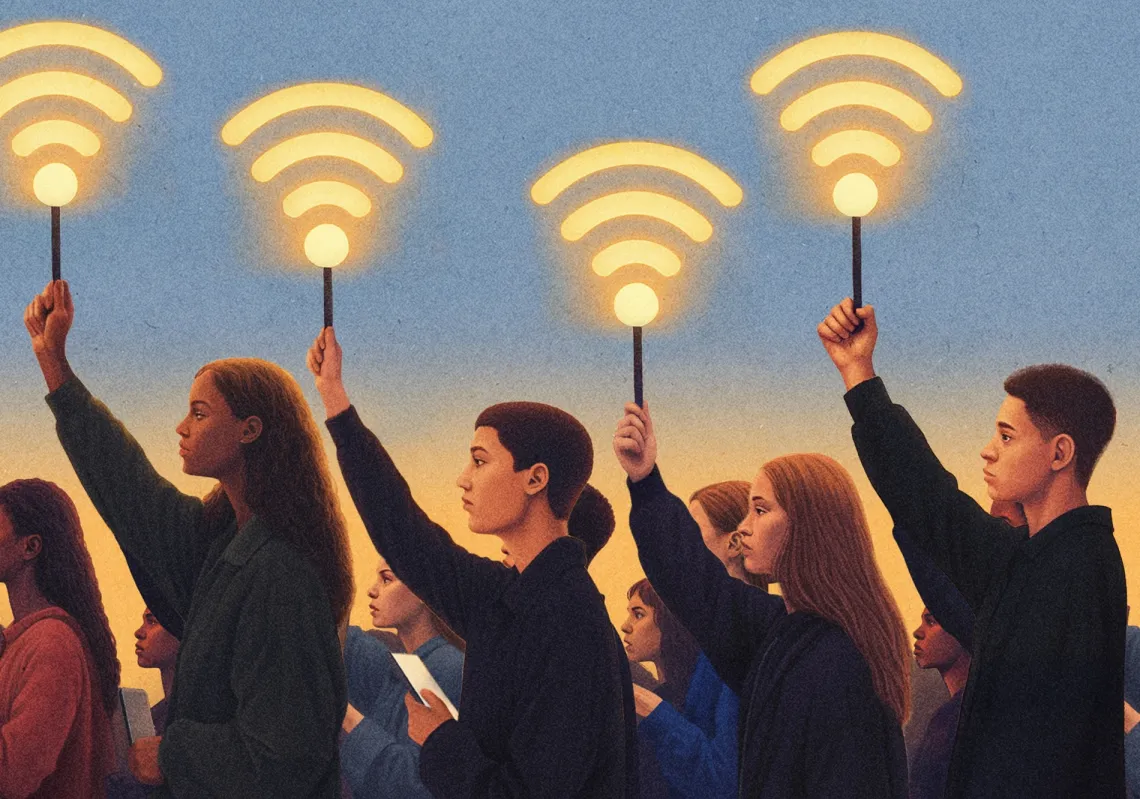The incident of Juhayman or the incident of the Holy Mosque, as the Saudi people call it, occurred thirty years ago, at the beginning of the current century. It was not an incident that could easily be erased from the memory of Saudi Arabia. No such event had occurred after the establishment of the modern Saudi state in 1351 A.H. This incident might be considered a turning point in history and an important event in the cultural change that society went through at that time. The group of Juhayman al-Otaibi seized the Holy Mosque in Mecca to announce the arrival of the Mahdi.
In the course of their action they violated the sanctity of the old house, which is considered the Muslims' holiest sites. Further more, this violation was made during the sacred month. Their actions were launched based on a religious idea that was based on visionary dreams, and literal interpretations of religious texts. But had this incident really changed and influenced the Saudi society? The short answer to this question is yes. The incident had its impact on society with regard to the official position on Islamic organizations and parties.
Before the incident these organizations operated freely without any control or restrictions being imposed on them by the Saudi society, which is considered to be a religious society in terms of its origins, cultural and social structures. But after this incident, many Saudis, particularly the security sector, were suspicious and distrustful of these organizations. There suspicions were justifiable, especially after an incident of this magnitude. However, this incident did not change anything in the conservative Saudi outlook, not even the official position on conservative religiosity.
The incident of Juhayman shocked the religious sensibilities of society because it violated the three sanctities: time, place and blood. This also created a consensus among all segments of society on the repudiation of such incidents. There are other incidents that followed this incursion into the Holy Mosque and changed the attitude of Saudi society. The second Gulf War, Saddam Hussein's invasion of Kuwait and fighting against Saudi forces has created much more change in society.
Cultural and religious elites with different attitudes ranging from open-minded to conservative ones produced a change in the mental attitude of the ordinary citizen towards the world around him. It proved to be a world teeming with conflicting views and ideas that he must deal with, especially after the launch of satellite channels, which created an unusual atmosphere of openness in a conservative society.
Moreover, the immensity of the September 11 attacks, and the destruction of the two towers of the World Trade Center transformed the Saudi society more than all previous events in Saudi history, given that the majority of the perpetrators were Saudis. The transformation had to do with intellectual openness, pluralism and tolerance. More importantly, these events made the Saudis re-think their identity from political and social perspectives.
They also tried to overcome this crisis while preserving the fundamental pillars of the state and society and closing the gaps that could be exploited by extremist groups to promote their ideas, out of fanatic religious motivations. Thus we have witnessed religious figures, both official and unofficial, who called for reviewing the religious discourse. We have also seen major social openness and unusual cultural mobility.
Researcher, Jihadi movements and terrorism.







